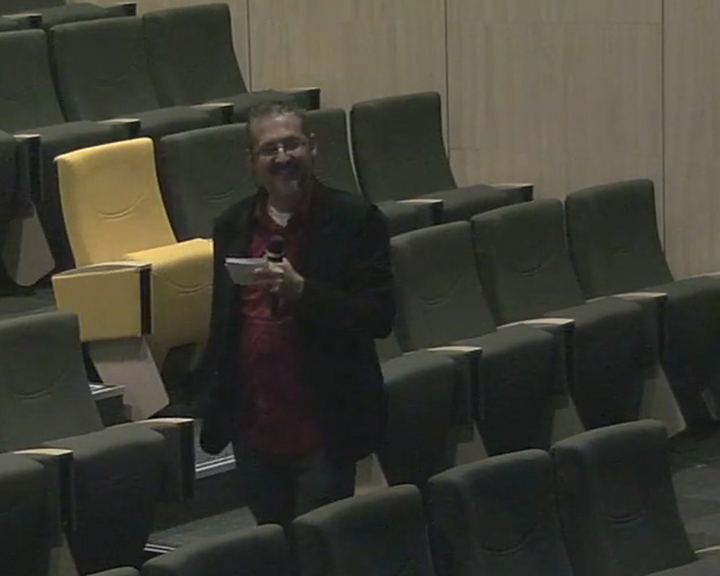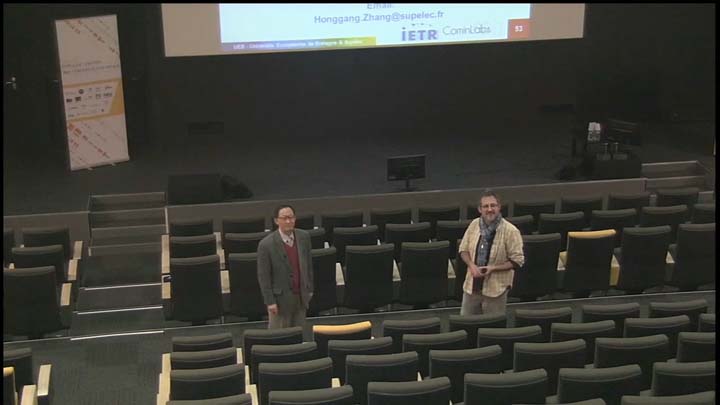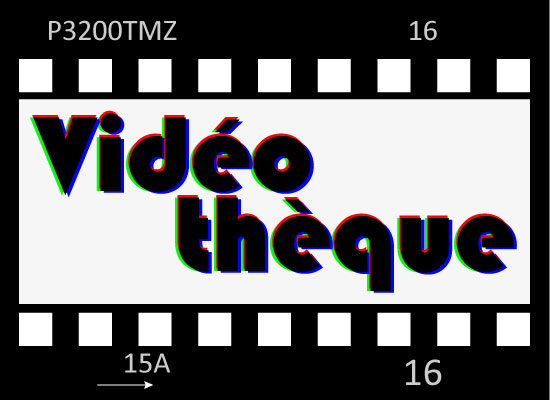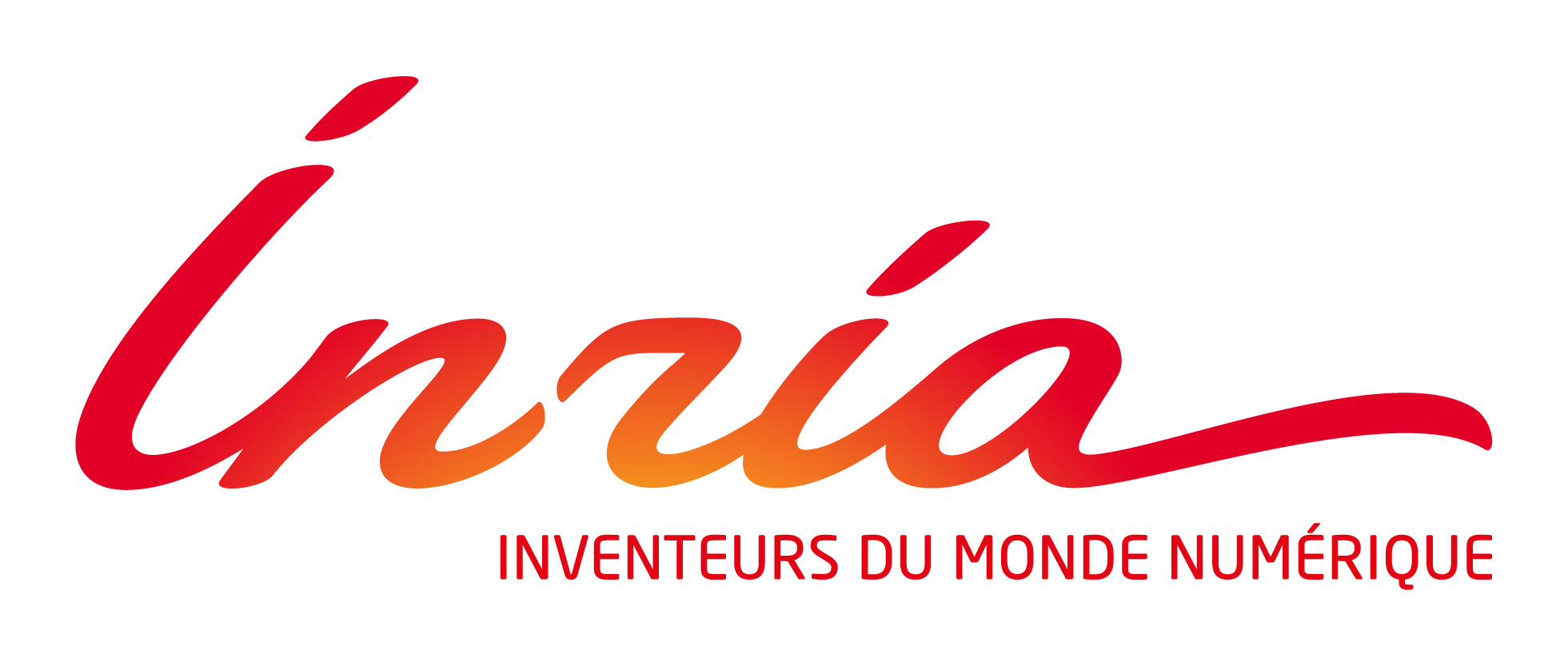 |
 |
|
|---|---|---|
 |
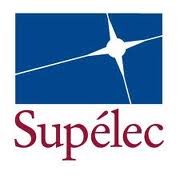 |
|
Colloquium rennais des sciences du numérique5ème édition du colloquium - 28 novembre 2013
|
||
Questions à Honggang Zhang [time: 7:10 mn]
Abstract:
Nowadays, the whole world of telecommunications and information communities is facing an extremely daunting challenge, namely on one side the multimedia-rich big-data networking applications (e.g., 5G telecommunications, mobile cloud computing, Internet of Things, social networks, etc.) are exploding at an astonishing speed while on the other side the total energy consumption by the numerous ubiquitous communication and networking systems/devices and the relevant global greenhouse effect are terribly increasing, which has left a significant environmental footprint and a worldwide concern on the future of the whole mankind.
Essentially, making ICT (Information and Communications Technologies) equipment and applications energy-efficient can not only have a tangible positive impact on the environment for harmonized & sustainable evolution, but also help ICT sectors (telecommunications operators) attain long-term profitability and sustainability.
This lecture aims at addressing the main challenges and key features of Cognitive Radio for next-generation Green Communications, especially focusing on whole-scale energy saving by intelligence-based leaning and decision-making approaches that are expected towards persistent awareness of the strict energy consumption constraints for building up energy-efficient network architecture & protocols, energy-efficient wireless access techniques, and energy-efficient harmonized spectrum sharing without causing harmful electromagnetic interference pollutionBiography:
Dr. Honggang Zhang is an International Chair Professor, CominLabs Excellence Center, Université Européenne de Bretagne (UEB) and Supélec, France, a Full Professor of Department of Information Science and Electronic Engineering as well as the Co-Director of York-Zhejiang Lab for Cognitive Radio and Green Communications at the Zhejiang University, China.
He is an Honorary Visiting Professor of the University of York, UK. He received the Ph.D. degree in Electrical Engineering from Kagoshima University, Japan, in March 1999. From October 1999 to March 2002, he was with the Telecommunications Advancement Organization (TAO) of Japan, as a TAO Research Fellow. From April 2002 to November 2002, he joined the TOYOTA IT Centre. From December 2002 to August 2004, he has been with the UWB Research Consortium, Communications Research Laboratory (CRL) and National Institute of Information and Communications Technology (NICT) of Japan. He was the principle contributor for proposing DS-UWB in IEEE 802.15 WPAN standardization task group. From September 2004 to February 2008, he has been with CREATE-NET (Italy), where he leaded its wireless team in exploring Cognitive Radio and UWB technologies while participated the European FP6/FP7 projects (EUWB, PULSERS2). Dr. Honggang Zhang has served serves as the Chair of the Technical Committee on Cognitive Networks (TCCN) of the IEEE Communications Society (ComSoc) during 2011-2012. He is the Co-Chairs of IEEE Globecom2008 Symposium and IEEE ICC2013 Symposium. He was the founding TPC Co-Chairs of CrownCom 2006 and the Steering Committee Member of CrownCom 2006-2009. In the area of cognitive green communications, Dr. Honggang Zhang was the Lead Guest Editor of the IEEE Communications Magazine feature topic issues on “Green Communications”.
He was the General Chair of IEEE GreenCom 2010 (2010 IEEE International Conference on Green Computing and Communications) and the Co-Chairs of the IEEE International Workshop on Green Communications (GreenComm 2010-2011) in conjunction with IEEE ICC/Globecom. He is the co-editor/co-author of two books with the titles of “Cognitive Communications – Distributed Artificial Intelligence (DAI), Regulatory Policy & Economics, Implementation” (Wiley Press) and “Green Communications: Theoretical Fundamentals, Algorithms and Applications” (CRC Press), respectively.
